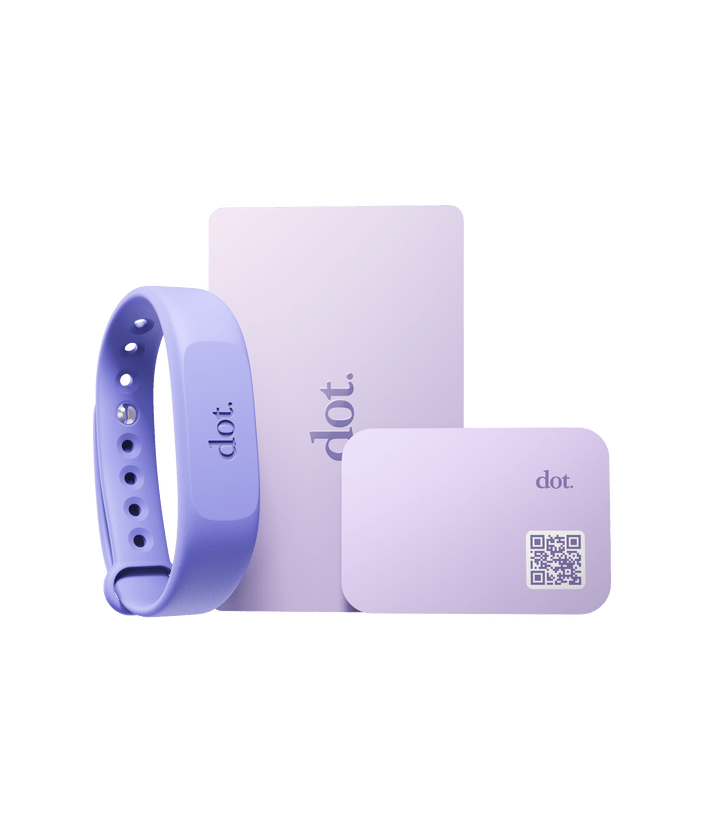Big data analytics provides valuable insights into customer behavior, market trends, and business operations. While traditionally associated with large enterprises, small businesses can also leverage big data to drive growth and enhance competitiveness. In this blog post, we will explore effective strategies for small business owners to leverage big data to achieve success.
Identify Relevant Data Sources:
Small businesses can leverage data from various sources to gain insights into their business operations, customers, and competition. Identify the sources of data relevant to your business, including transaction data, social media engagement metrics, website analytics, and customer feedback. Use data analytics platforms to collect, analyze, and interpret relevant data effectively.
Establish Clear Goals:
Setting clear business goals is essential to leveraging big data effectively. Define what data you need to achieve your objectives and establish key performance indicators (KPIs) to measure your progress. Use data analytics tools to monitor your KPIs and acquire valuable insights that inform your business decisions.
Enhance Customer Experience:
Big data can provide valuable insights into customers' behavior and preferences, enabling small businesses to personalize their offerings and enhance customer experience. Analyze customer data to segment your audience based on demographics, preferences, and purchase history. Use this information to adapt your marketing tactics, product offering, and pricing strategies to better align with customer needs.
Optimize Business Operations:
Big data analytics can provide insights into business operations, enabling small businesses to optimize their operations and improve efficiency. Analyze operational data, including production costs, inventory levels, and supply chain performance. Use this information to identify process inefficiencies and potential cost savings opportunities.
Monitor Market Trends and competition:
Big data analytics can provide insights into the current market trends and competition. Analyze data on industry trends, market behavior, and competitor performance to identify opportunities for growth or potential threats. Use these insights to make informed decisions on product development, marketing strategies, and pricing structures.
Embrace Data-Driven Decision Making:
Leveraging big data for small business success requires a data-driven approach to decision-making. Use data analytics platforms to analyze data, identify trends, and assess business performance. Use data insights to inform decision-making on various business functions, including product development, marketing, and operations.
In conclusion, small businesses can leverage big data analytics to gain valuable insights into their business operations, customers, and competition. By identifying relevant data sources, setting clear goals, enhancing customer experience, optimizing business operations, monitoring market trends, and embracing data-driven decision making, small business owners can harness the full potential of big data analytics to achieve success. Remember, leveraging big data requires ongoing investment in technology and data analytics capabilities, but the benefits are worth the investment.










































